
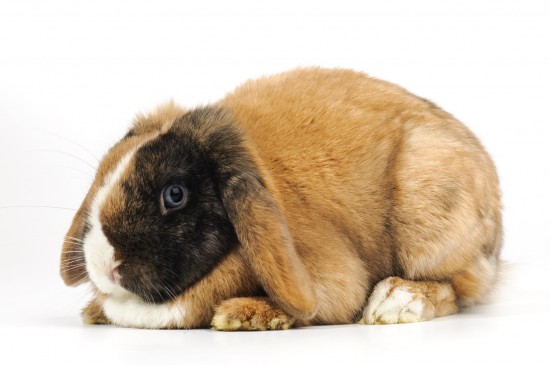
Owning a pet bunny is as popular as it ever was with more people choosing to keep them as "indoor" pets much as they would a cat or a dog. One of the great things about the Internet is that it has opened people's eyes as to how these gorgeous creatures should be kept. It has helped pet owners fully understand that looking after a bunny involves rather more than buying a hutch, adding a run onto it, feeding them, cleaning out a hutch from time to time and then forgetting about them.
Studies have now proved that our long-eared friends are far more intelligent than it was previously thought but one thing that worries vets is the number of pet rabbits they see that are overweight and obese. Today, around one in three bunnies carry far too much weight which could be attributed to their relatively quiet and sedentary lives but it is more likely due to the fact that owners are feeding their pets far too much and the wrong kind of diet.
There are many serious health issues attributed to rabbits being obese, one of which is that it puts far too much pressure on their delicate hearts. Their joints too have to cope with more pressure and stress which obviously puts them at risk of developing all sorts of joint and ligament complaints but even more importantly carrying too much weight shortens the lifespan of a bunny and it does so quite dramatically.
If a rabbit is obese, all too often they just cannot reach behind in order to eat the soft droppings (caecotrophs) which are an important part of their diet because without these, your rabbit may suffer a nutrient deficiency. Secondary health issues then follow which includes "sticky bottom" where their soft droppings remain glued to their backsides which in turn can lead to Flystrike, a condition seen in rabbits which should never, ever be taken lightly.
It goes without saying that bunnies that spend far too much time in small hutches are the most at risk of becoming obese. The key to keeping your rabbit in fine fettle is to ensure they get as much daily exercise as possible because they need this not only to remain fit but happy too. Ideally, your rabbit should have a nice secure, large run which they can spend their days in and ideally the run should be attached to their hutch so that if they do want to do in it for a nap or because something has frightened them, they can.
Rabbits tend to change shape and size quite dramatically but it's still easy to check if your rabbit is bordering on obesity or is already carry far too much weight. A fit, healthy rabbit has a slightly pear-shaped form when you look at it from above – if your pet is overweight, their shape looks more like a round, plumb apple. If you think your rabbit has gained too many pounds, you should talk to your vet who would be able to advise on diet and the amount of daily exercise they should be given and it's a great opportunity for your pet to have a thorough health check up too.
You may want to stop feeding your rabbit because you believe them to be overweight but this is something you should never do because you would end up harming your pet far more than you may have imagined. A rabbit's digestive system is a very complex affair and therefore they must eat so there is food constantly present in their gut which ensures it stays healthy and full of all the right type of bacteria.
More often than not an obese or overweight bunny will suffer incredible boredom which can then lead to all sorts of unwanted behavioural problems. You need to make sure your pet has all the mental stimulation they need to keep them happy which means investing in some great toys for them to play with. Hiding their food in different places around their hutches and runs motivates them to move around more because they need to search for their breakfast or dinner. Naturally, you would need to make sure the food you hide for them is a good quality rabbit food that's recommended for overweight bunnies.
Poor diet management in bunnies leads to them becoming obese and this is normally due to the fact there is not enough good quality fibre included in their diets. Pet owners tend to buy "complete" rabbit food which often contains far too many flaked cereals and other ingredients that really are not good for rabbits. Rabbits are cute and clever, they know when there is something sweet around which means owners all too often offer them little "human" treats. Again, these are not that good for them and which will put on the pounds rather too quickly as well as play havoc with their teeth.
The best diet for rabbits is good quality, sweet smelling hay which contains loads of fibre. Nibbling at grass is another important factor in a rabbits diet and daily routine because both hay and grass contain all the right nutrients, vitamins and minerals needed to keep bunnies happy, healthy and moving around which in turn means they don't get bored. A rabbit needs free access to forage and fresh clean water at all times and the levels of starch in their diets should be kept to a minimum.
Rabbits are the third most popular pets in the UK with an estimated 2 million bunnies having found their way into people's hearts and homes. However, around 80% of them are not being fed the correct well balanced bunny diet which sadly means that all too often many of them are overweight and/or obese. This leads to all sorts of health issues and shortens their lifespans considerably. If you think your pet has gained too much weight, it's time to do something about it and if you need advice the best thing to do is make an appointment with your vet to seek their advice.
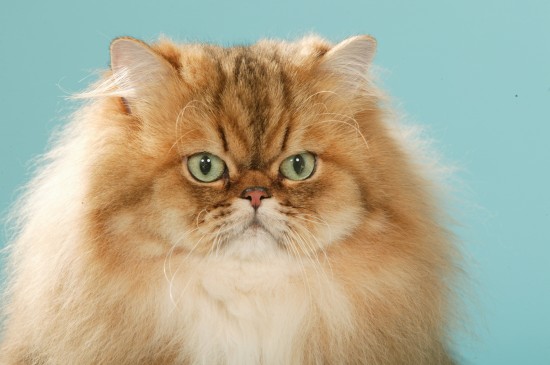 Longhaired Cat Breeds - Ten Of The Most Popular
Longhaired Cat Breeds - Ten Of The Most Popular
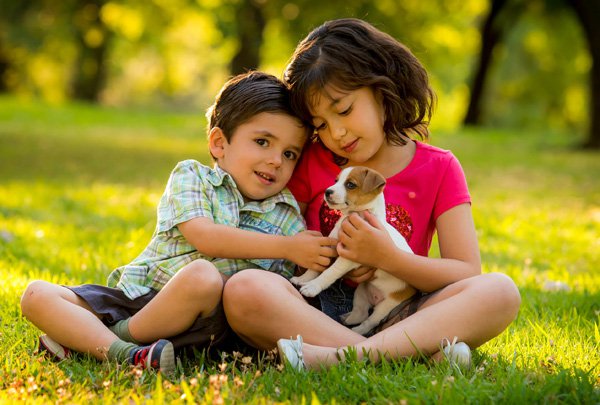 Comfortable Chicken Houses Keeps your Chickens Healthy, Wealthy, Wise
Comfortable Chicken Houses Keeps your Chickens Healthy, Wealthy, Wise
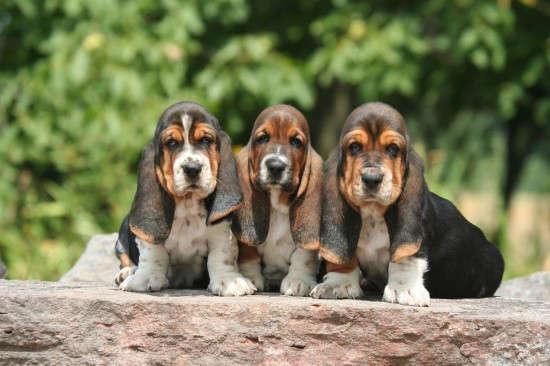 Some Important Information For Potential Buyers Of A Basset Hound
Some Important Information For Potential Buyers Of A Basset Hound
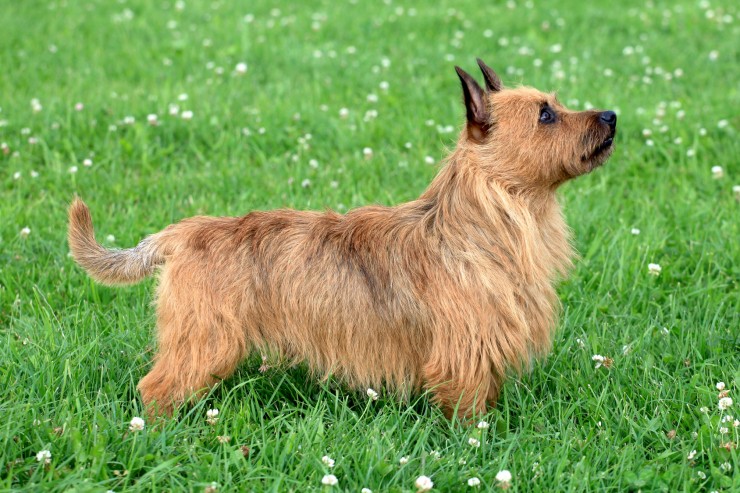 The Australian Terrier As A Family Pet
The Australian Terrier As A Family Pet
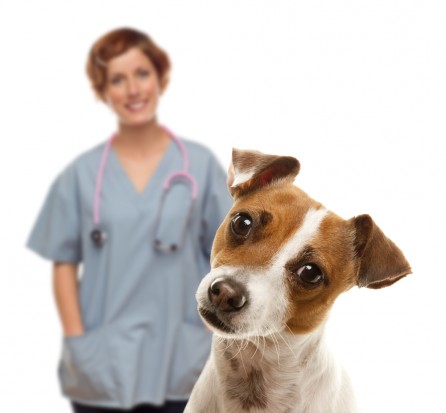 What Microchipping A Pet Doesn’t Protect Against
What Microchipping A Pet Doesn’t Protect Against
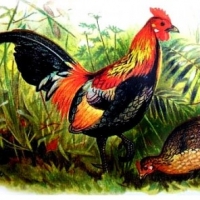 A Look At Chicken Coop Designs And Plans
A Look At Chicken Coop Designs And Plans
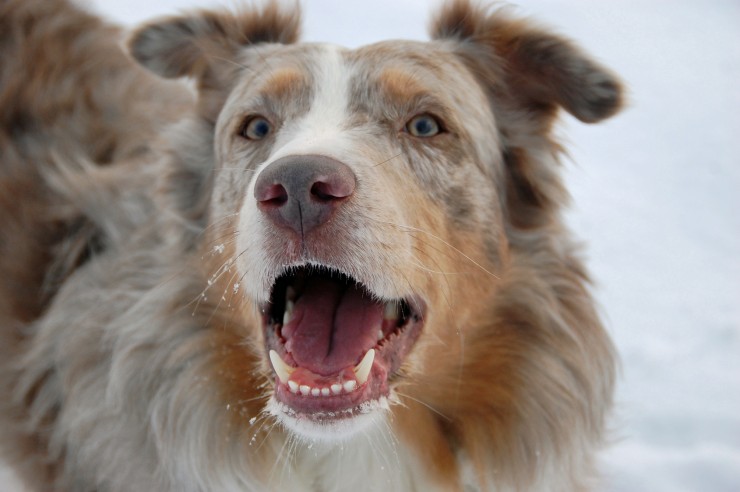 Recognising Different Types Of Aggression In Dogs
Recognising Diffe
Recognising Different Types Of Aggression In Dogs
Recognising Diffe
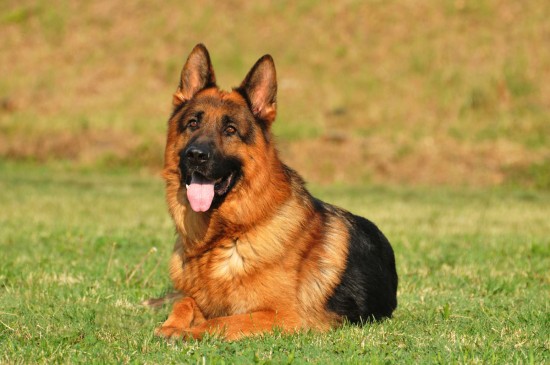 3 Common Complaints In German Shepherds
3 Common Complain
3 Common Complaints In German Shepherds
3 Common Complain
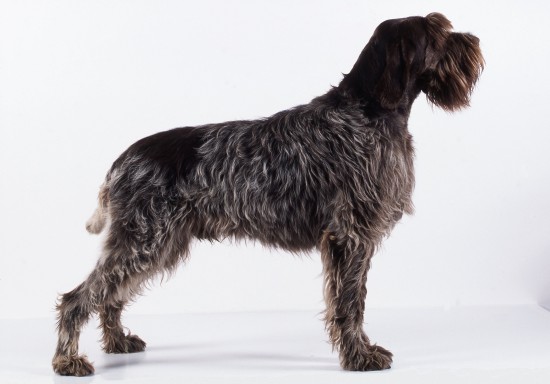 Is A Wirehaired Pointing Griffon The Right Dog For You?
Is A Wirehaired P
Is A Wirehaired Pointing Griffon The Right Dog For You?
Is A Wirehaired P
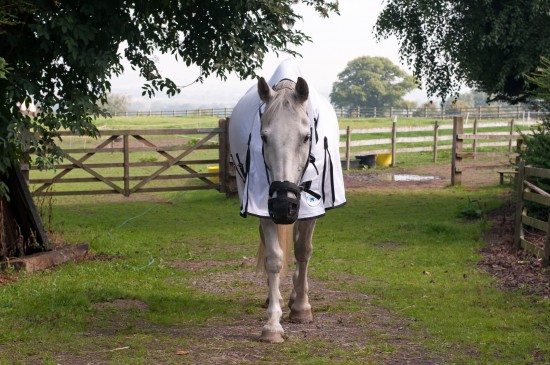 Avoiding Laminitis This Spring
Avoiding Laminiti
Avoiding Laminitis This Spring
Avoiding Laminiti
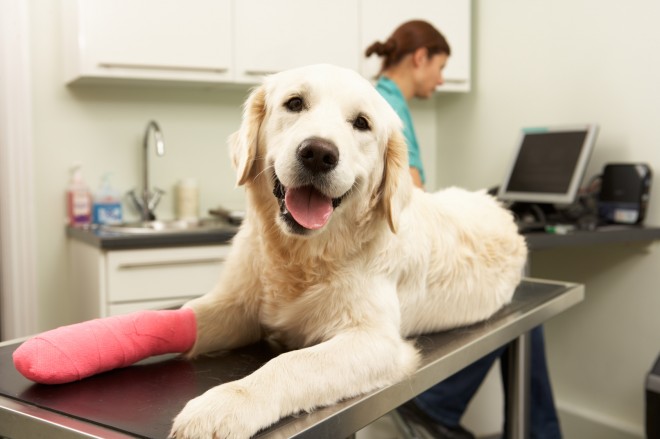 Stitches, Staples And Sutures… Different Forms Of Wound Closures For Dogs
Stitches, Staples
Stitches, Staples And Sutures… Different Forms Of Wound Closures For Dogs
Stitches, Staples
Copyright © 2005-2016 Pet Information All Rights Reserved
Contact us: www162date@outlook.com